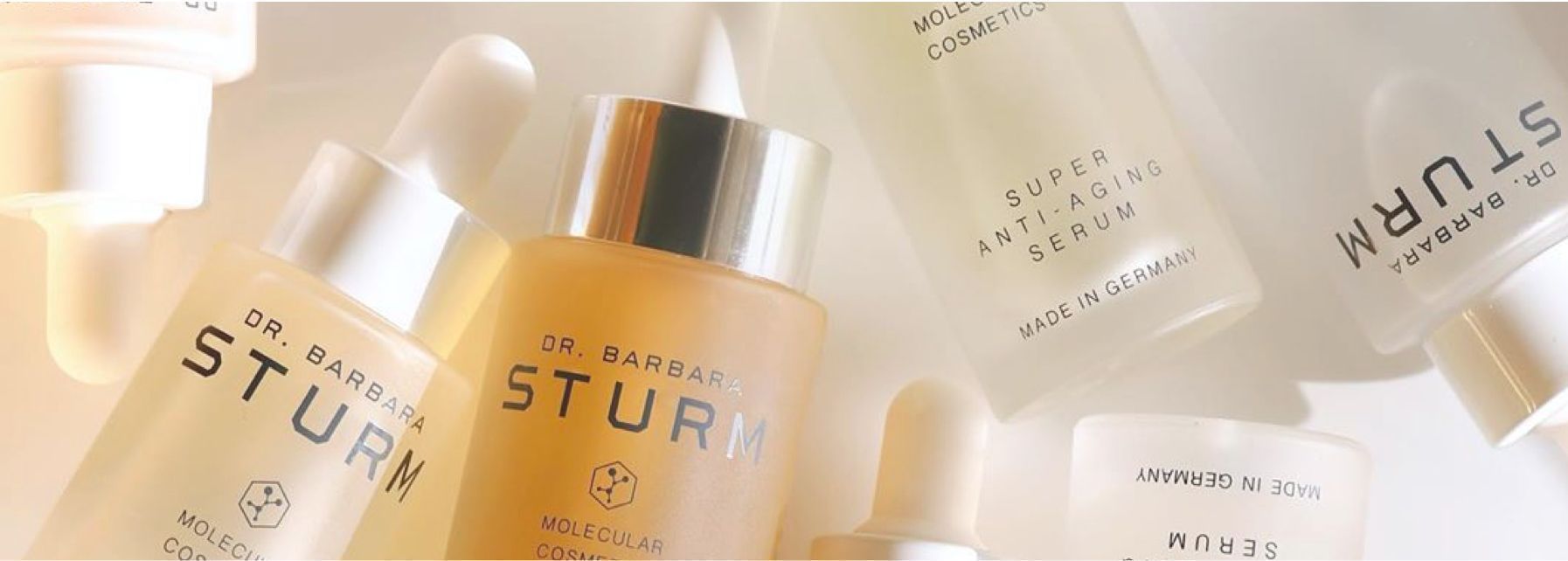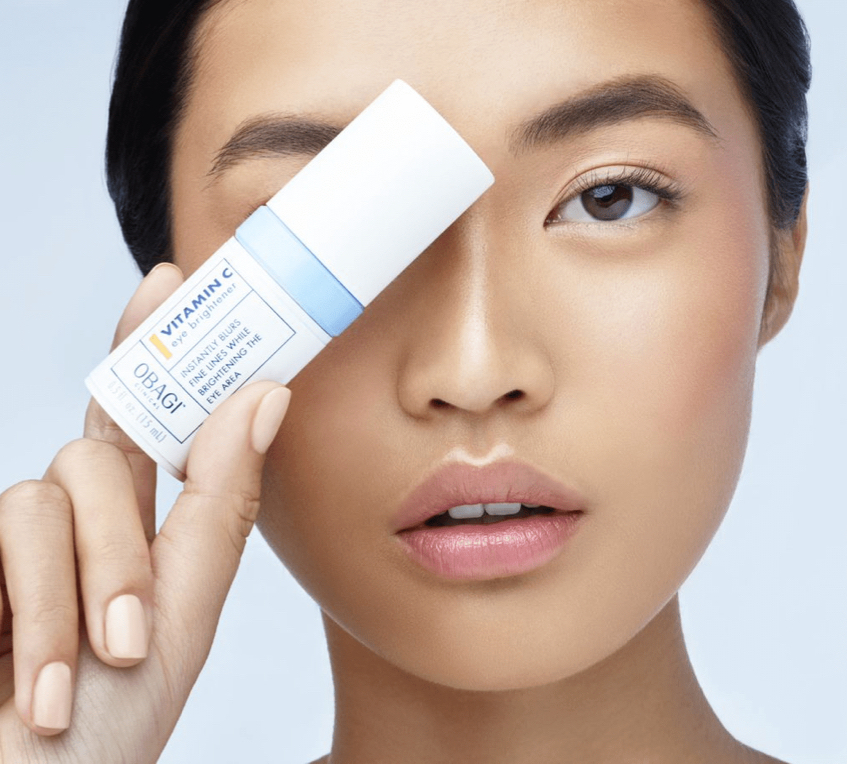What's The Difference Between Chemical Vs Physical SPF
With so many SPFs on the market, it can be difficult to know which one is right for your skin. So where to begin? Firstly it’s important to note there are two main types of sunscreen; chemical SPFs and physical SPFs, that function in different ways, but both provide protection from the sun. When searching for your ultimate SPF, the best place to start is by understanding the difference between a chemical and physical sunscreen.

What Is A Chemical SPF?
To put it quite simply, chemical sunscreens absorb into the skin, and physical sunscreens sit on top of the skin. Chemical sunscreens often include ingredients such as avobenzone, oxybenzone or octinoxate. These ingredients will be absorbed into the skin, the UV rays then penetrate the skin and are absorbed by the chemical SPF, which converts the UV rays into heat, and then releases them from the body, preventing sun damage. Our skin is clever huh?
What Is A Physical SPF?
Physical sunscreens sit on top of the skin and form a barrier, reflecting the UV rays, and preventing them from penetrating the skin. Titanium dioxide and zinc oxide are the key ingredients in physical sunscreens, so if you’re ever unsure whether a sunscreen is physical or chemical, just check the ingredients listed on the product packaging. Now you have the inside scoop on SPF you can choose one that’s right for your skin.
Which Is Better, Chemical Or Physical Sunscreen?
So now you know the difference between the two sunscreens, it begs the question of which type is best for your skin? Well, this all depends on your skin type. Typically people with sensitive or dry skin are best suited to a physical sunscreen, this type of sunscreen is usually less irritating and a thicker consistency for increased hydration.
Due to the thickness of the physical sunscreens many brands have formulated tinted or matte versions to reduce the white cast that some sunscreens can create, so you can experience a smoother, more even appearance. This type of sunscreen is also great for using under makeup!
Our Physical SPF Recommendations
If this sounds like just what your skin is after why not try the Obagi Matte Sun Shield SPF 50? This sunscreen contains vitamin C to brighten your skin, whilst providing the all important UVA and UVB broad spectrum protection. This double whammy SPF keeps your skin looking youthful and makes you feel protected this Summer. The Obagi Matte Sun Shield SPF 50 is also non-comedogenic, meaning it’s a brilliant choice for those with acne prone skin as it won’t block the pores, but instead will help prevent formation of pigmentation and darkening of acne scars - result!
Our Chemical SPF Recommendations
Chemical sunscreens are a great choice for those looking for a lighter SPF that absorbs into the skin quickly. As this type of sunscreen is absorbed into the skin, it is water-resistant and ideal for those who enjoy swimming, play sports or sweat during the day. Chemical sunscreens are suitable for all skin types, but look out for ‘broad spectrum’ on the product label, this means it will provide your skin with UVA and UVB protection.
A highly recommended SPF that contains chemical sunscreen ingredients is the SkinCeuticals Ultra Facial Defense SPF 50. The high factor rating, combined with the broad spectrum UVA and UVB protection means that this lightweight, easily absorbed sunscreen is a great choice for those looking to protect their skin from harmful sun damage on the go.
The latest from skincare
Skincare from the inside out. Tap into our world of award-winning skincare, 'the best of', new products and more.
Your skin has to battle external aggressors every day from the weather and pollutants, and this can cause skin issues. It can lead to dry and ageing skin but there are ways to combat the effects of this with the products you use in your skincare routine.
There are numerous gems to look for in the world of anti-aging skincare, one of which is collagen.
Winter versus skin is the age-old annual contest where there’s usually only one winner. So, how best to prepare for the change in seasons and ensure that skin is supported? It’s a question that Dr Barbara Sturm is well placed to answer.









